Niger Delta States Record Poor Budget Performance in 2017
In 2017, Alone carried out analyses and monitoring of the budgets of the states of the Niger Delta, as part of the process of monitoring development goals and tracking corrupt practices at the subnational level.
A detailed report will be published early in 2018.
Alone’s budget advocacy activities are aimed at calling attention to the need for citizens to get actively involved in the processes of fiscal governance and engaging the government on incipiencies observed in the budget and the actual performance. Evidence indicates that where this is the case, the performance of governments have significantly improved, thereby enhancing accountability and transparency and reducing corruption.The budget analysis aimed at scrutinising the budget proposals for propriety and reasonableness in line with the core visions and objectives of the governments and their ability to impact positively on the lives of the people. The analysis focused on three critical central section of education, health and food sufficiency, which comprises agriculture, livestock and fishery.
Projects chosen for monitoring were randomly selected from the sectors of education, health and food sufficiency. Interviews were routinely conducted with anticipated beneficiaries of budget lines including community members and staff of schools and health centres. Where possible, officials of the ministries responsible for these projects were contacted for additional information.
In 2017 we analysed the 2017 budgets of four states of the Niger Delta including, Bayelsa, Delta, Edo and Abia. Rivers State was excluded from the list because the state government had deliberately concealed the budget document from the public.
The total proposed budget of Bayelsa, Delta, Akwa Ibom, Edo and Abia States in the 2017 fiscal year was N1.114 trillion, making up about 17% of the combined N6.491 trillion budgets of the 36 states in Nigeria in the same year.
Although the budget estimates of the Niger Delta states seemed to live up to expectation in their sizes giving the amounts of revenue accruable to them from Federation Account, the states performed poorly in the actual budget performance in the area of capital expenditures. However, as is traditional, the recurrent expenditure which covers overheads and personnel costs performed well.
From 2016, governors in some of the states in the Niger Delta owed arrears of salaries to workers in their states. While some have managed to offset some of the backlogs through the intervention funds from the Paris Club Refund and the bailout from the Federal Government, some are still battling with five months arrears and more. This is in spite of their poor performances in development project expenditures in their states.
This abridged report highlights in a graphic form the income and expenditure framework in the budgets and how the budgets of the preceding year fared in the actual capital provision for the three critical sectors.
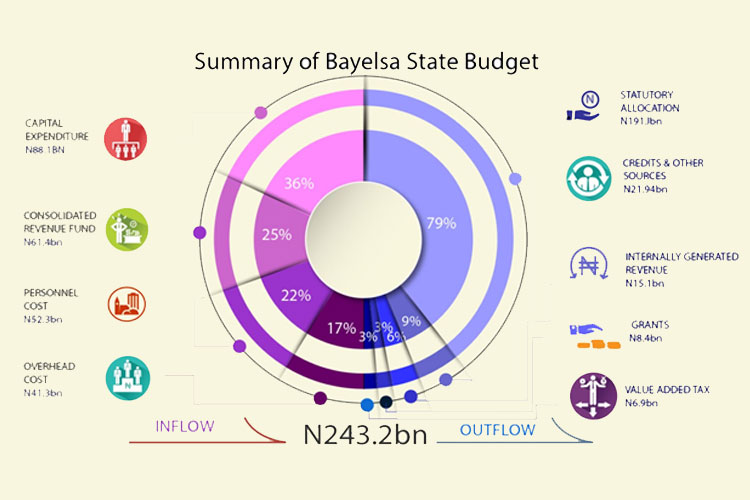
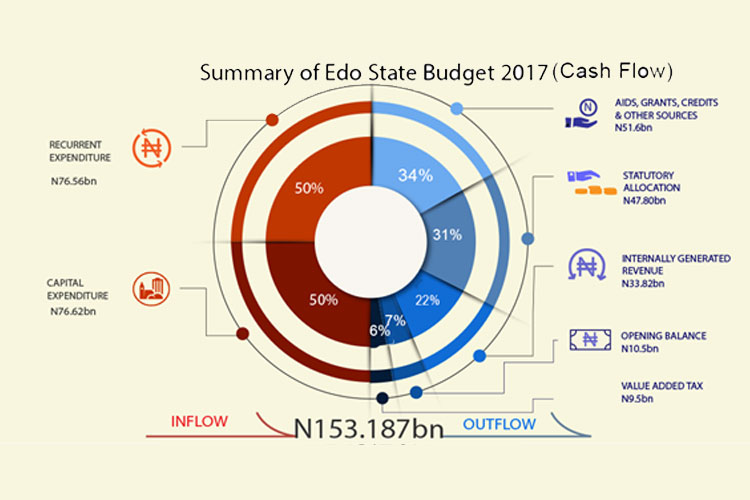
| STATE | 2016 PERFORMANCE | % of Budget | % of Capital Expenditure |
| BAYELSA | EDUCATION | 18% | 6% |
| HEALTH | 7% | 3% | |
| FOOD SUFFICIENCY | 5% | 2% | |
| STATE | 2016 PERFORMANCE | % of Budget | % of Capital Expenditure |
| EDO | EDUCATION | 14% | 7% |
| HEALTH | 5% | 4% | |
| FOOD SUFFICIENCY | 5% | 2% |
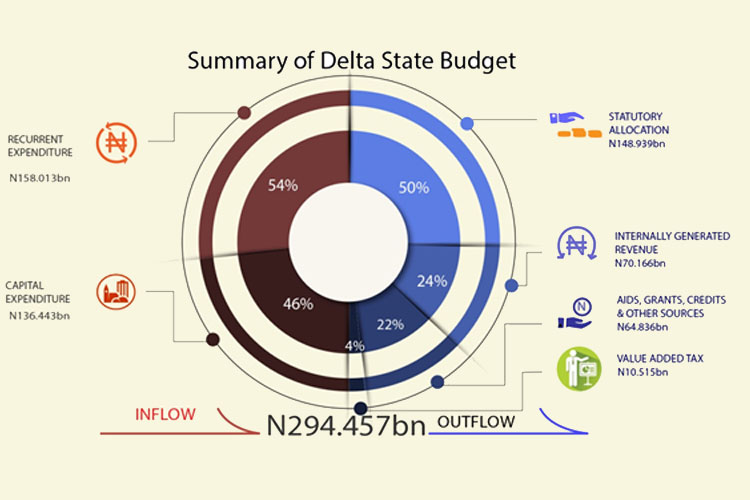
| STATE | 2016 PERFORMANCE | % of Budget | % of Capital Expenditure |
| DELTA | EDUCATION | 12% | 5% |
| HEALTH | 6% | 3% | |
| FOOD SUFFICIENCY | 0.6% | 0.3% |
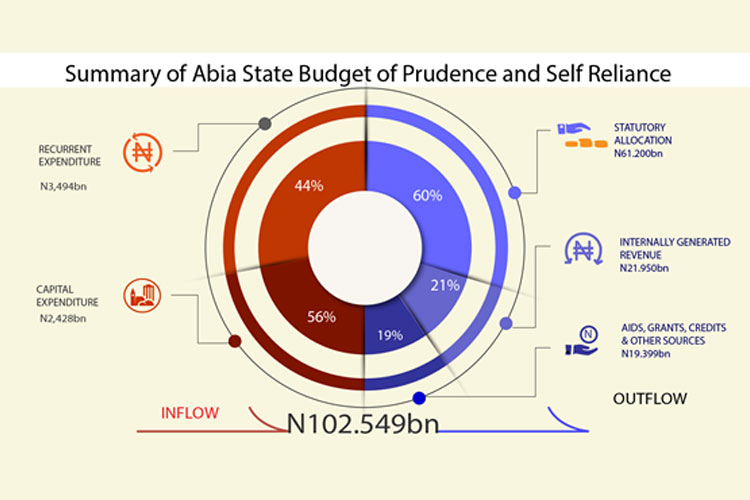
| STATE | 2016 PERFORMANCE | % of Budget | % of Capital Expenditure |
| ABIA | EDUCATION | 9% | 4% |
| HEALTH | 5% | 4% | |
| FOOD SUFFICIENCY | 5% | 2% |
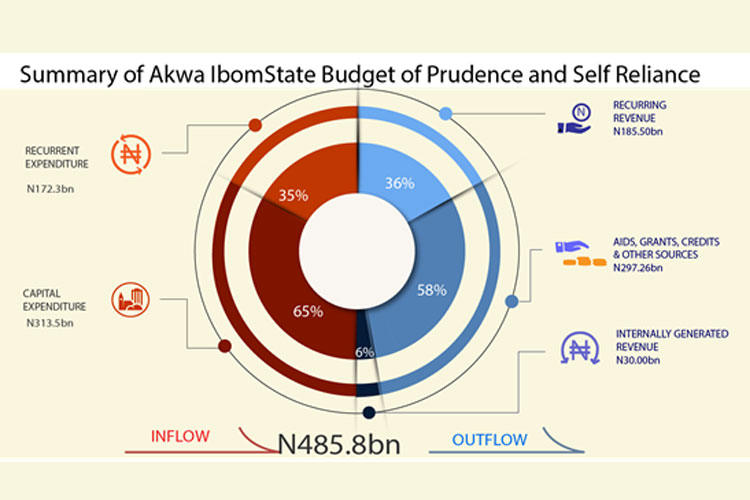
| STATE | 2016 PERFORMANCE | % of Budget | % of Capital Expenditure |
| AKWA IBOM | EDUCATION | 3% | 2% |
| HEALTH | 2% | 2% | |
| FOOD SUFFICIENCY | 5% | 3% |
Budget Monitoring
The Budget Monitoring Report contains finding by teams of Budget Monitors who spent weeks in December visiting sites of various projects mentioned in the 2017 budgets of Bayelsa, Delta, Abia and Akwa Ibom States. The teams consisted of community activists trained within the framework of Alone’s Community Budgets Advocates Committees and the coalition of Anticorruption Partners in the various states.
Findings contained in this report are a direct comparison between what the 2017 budget mentions for implantation, and what exists at the project locations.
The summary of finding of the team shows a regular pattern of poor capital project implementation and particularly in the area of focus earlier mentioned.
i. Project items recurring in successive fiscal year budget. Since the relevant documents are not available in the ministry of finance in the states, it is unclear whether funds were released or not.
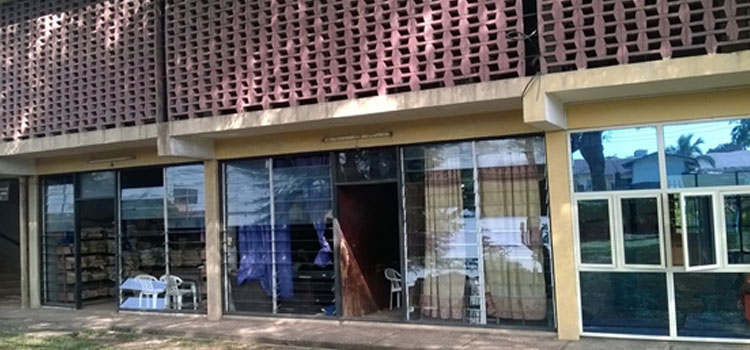 Purchase of office furniture and fittings, library books and other equipment appearing in 2016 and 2017 Abia State budget
Purchase of office furniture and fittings, library books and other equipment appearing in 2016 and 2017 Abia State budget
ii. Most of the capital projects in the budget document are nowhere to be found on ground. The one
s found are in various stages of completion with only a minute few completed
iii. The host communities or establishments bearing these projects know little or nothing about them and as such could not monitor or evaluate them.
iv. Public officials were weary of giving out information to the teams for fear of victimisation from their principals. Thus, the teams were not armed with as much information as were required for the reporting
v. Most of the projects lacked funding and were either abandoned or not executed at all.
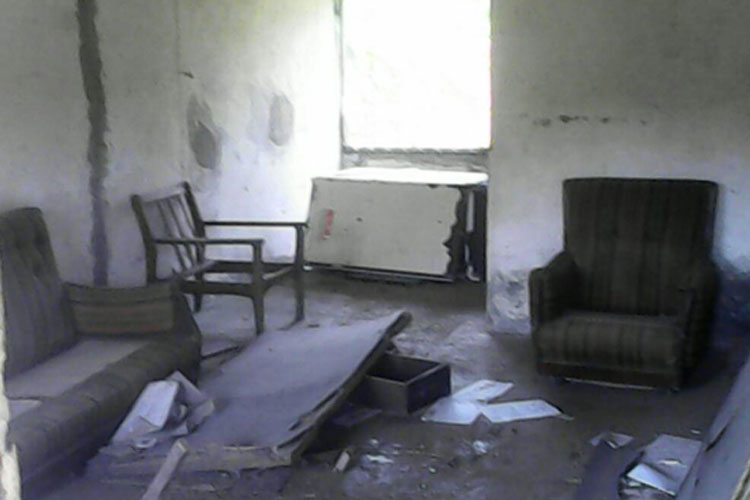 Interior of the Hospital at Emakalakala, Delta State
Interior of the Hospital at Emakalakala, Delta State
vi. Some projects that were already concessioned to private investor managers still received allocations from state government in an unclear arrangement.
